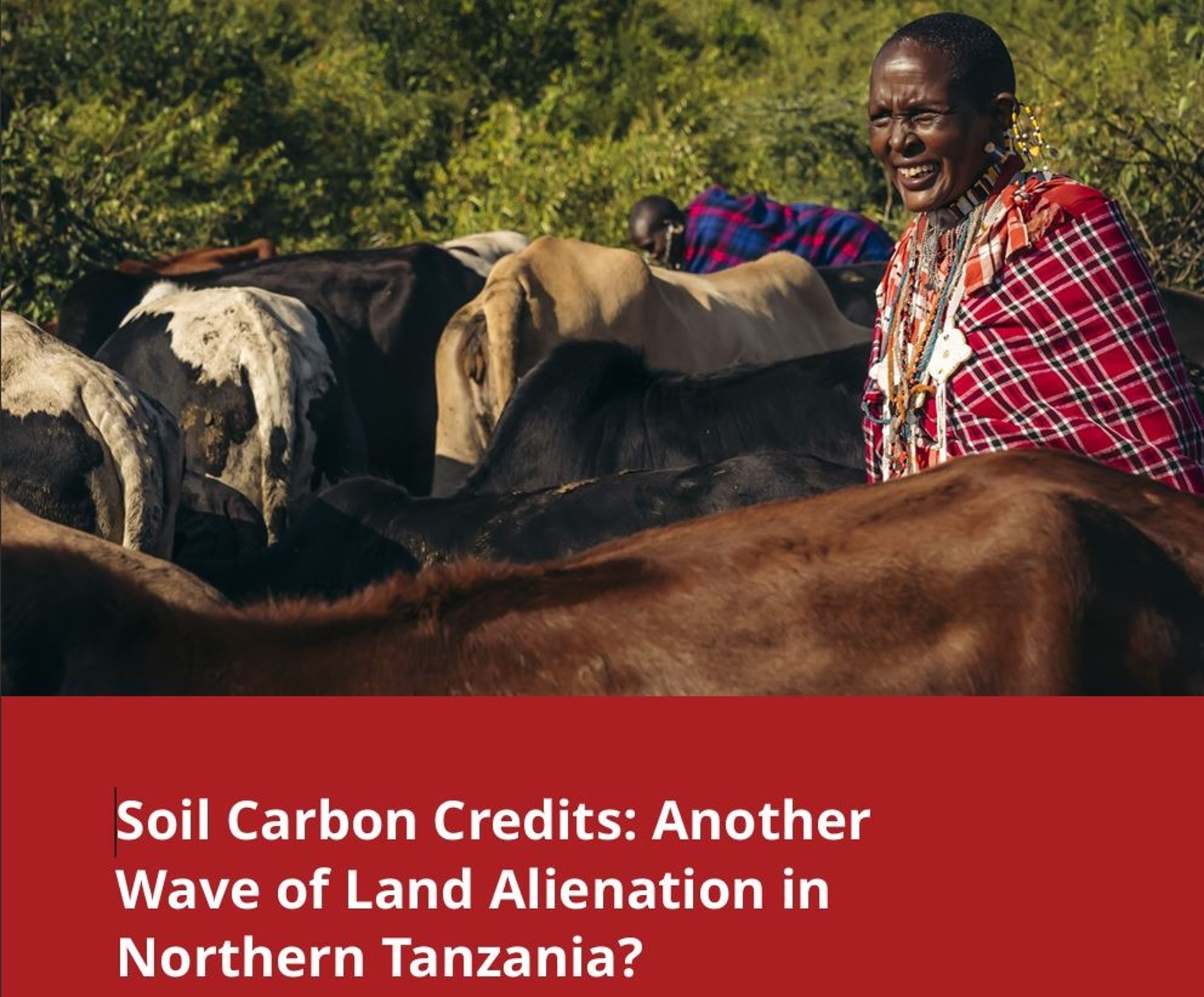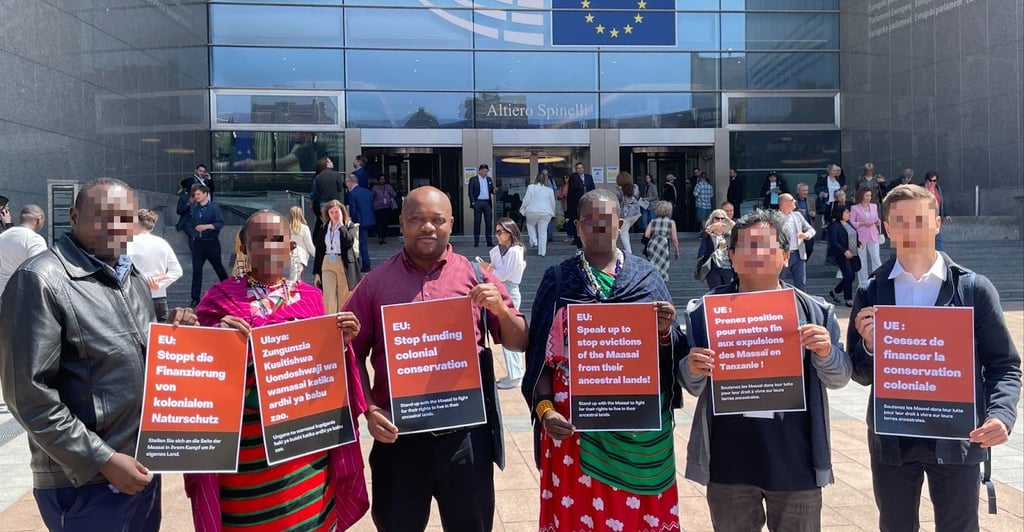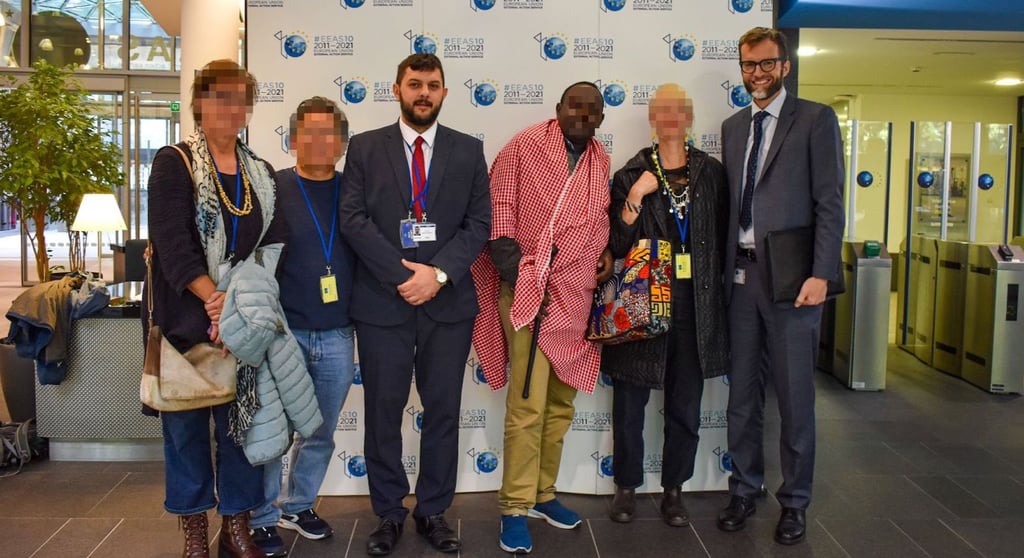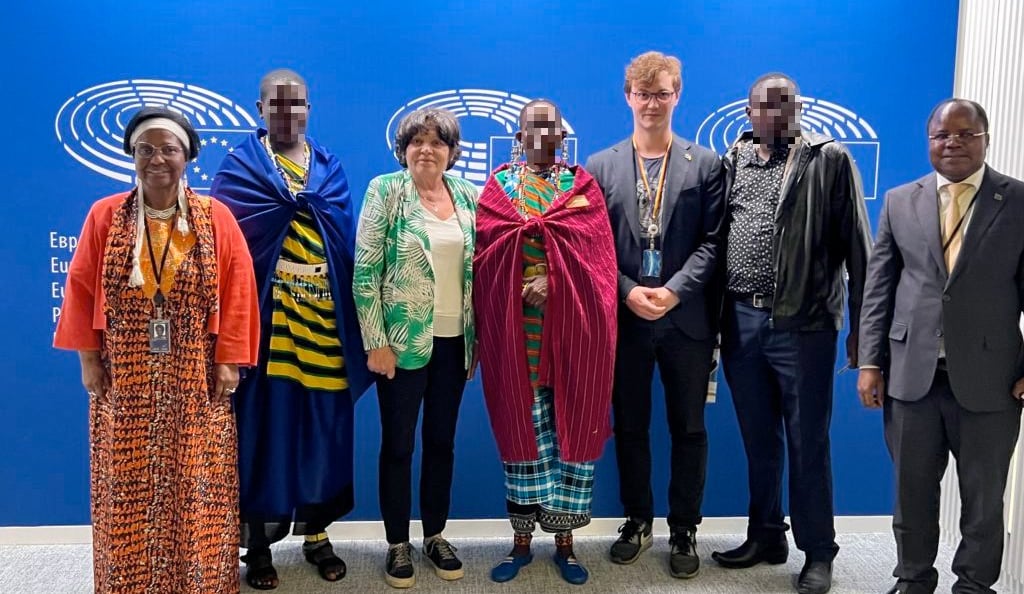
EU Lobby Tours
We have Organised several Maasai delegations (in May 2023, December 2023, October 2024, January 2025, September 2025) to engage with EU decision makers and alert them to the human rights violations occurring in Northern Tanzania. MISA has been raising these issues in different meetings with DG INTPA (Directorate-General for International Partnerships), DG ENVI (Directorate-General for Environment) and the European External Action Service (EEAS) as well as with MEPs from different political groups. Our goal is to raise awareness and lobby EU actors to condition financial aid to Tanzania on the respect of human rights and the rule of law. We also demand that EU actors speak up about ongoing violations of human rights in Tanzania. Using MISA’s conservation vision, we emphasize the Maasai’s intrinsic role as natural conservators of wildlife and biodiversity, cautioning European stakeholders against narratives that depict the Maasai and their livestock as obstacles to biodiversity conservation. We demand pro-pastoralist public policies.
Successes
We have had important successes. In December 2023, the EU Parliament passed a resolution concerning the eviction of Maasai in Ngorongoro District and held a round table meeting on the Maasai issue in May 2023. In June 2024, due to “human rights protection and environmental concerns," the European Commission removed Tanzania from the list of countries eligible for its €18 million conservation grant to be launched in East Africa as part of its NaturAfrica initiative. Similarly, the World Bank has suspended funding for the US$150 million project “Resilient Natural Resource Management for Tourism and Growth (REGROW)” in Southern Tanzania, which was linked to widespread human rights abuses and is another indication that Tanzania’s conservation model is violent and oppressive.

Despite these reactions, EU Member States like Germany continue to increase their support for conservation in Tanzania. In 2024 state-owned German development bank KfW reported a €9 million budget increase for its controversial Serengeti Ecosystem project and planned a further €15 million increase in its support to the Tanzanian Ministry of Natural Resources and Tourism.
On May 7 2025, the European Parliament deliberated the arrest and potential threat to life of Opposition Leader Tundu Lissu. A joint motion for resolution was adopted on May 8. The resolution highlights human rights violations and a grave concern over the politically-motivated arrest and possible execution of Lissu. The EU parliament noted that Tanzania’s ranking in Freedom House’s Freedom Report was downgraded in 2025 to ‘not free with particular concern on mistreatment of Maasai. Lissu is a very strong ally of the Maasai. He was once quoted saying:
“Ngorongoro is not a prison & the Maasai its inmates. We intend to be in Ngorongoro tomorrow!” -Tundu Lissu, 7th September 2023
Our key demands to the EU (September 2024):
Read our 8 demands of the EU, which concern (1) transparency and information sharing; (2) human rights monitoring and independent investigation; (3) humanitarian aid; (4) conditioning aid and economic partnerships on the respect of human rights; (5) Free, Prior and Informed Consent (FPIC), procedural rights and benefit sharing; (6) Stopping human rights violations and other immediate demands; (7) legal and policy change; and (8) changing the narrative of conservation from that of fortress conservation to that of co-existence.


MISA lobby tour, Brussels, May 2023. Credit: MISA.


On 20 September 2024, a MISA delegation discussed Maasai human rights violations with European External Action Service (EEAS) and Members of the European Parliament. Credit: MISA.


MEP Michèle Rivasi stands with Maasai delegation, a fellow MEP and Tanzanian Ambassador to EU. June 2023. Credit: MISA.
[REPLAY English version] "Maasai shall not die": roundtable at the European Parliament.
We demand that European funding recognize and promote the positive impact of pastoralism on nature and the economy. A human right-based approach to economic partnerships, prior and information consent, as well as decolonization are prerequisites for long-term sustainable livelihoods of Maasai and other local communities in Tanzania.
The European Union (EU) has an international partnership with Tanzania, for which it has allocated €585 million in grant funding over six years (2021-2027). The EU’s actions in Tanzania align with the Global Gateway strategy in the fields of climate and energy, digital infrastructure and transport corridors. Directly or through its member states, the EU is an important contributor of funding in the areas of nature conservation, biodiversity and climate change, nature-based tourism and agriculture in Tanzania. Specific objectives in the Multiannual Indicative Programme include, worryingly, an increase in conservation areas and the promotion of nature-based tourism activities. This is concerning because the conservation projects that lead to the eviction of Indigenous Peoples and local communities almost always benefit from US and/or European funds, either directly from the EU, from European-based conservation NGOs like World Wildlife Fund (WWF), the Wildlife Conservation Society (WCS) or the Frankfurt Zoological Society (FZS), or from Member States’ development aid, like German Development Bank (KfW) for Germany and French Development Agency (AFD) for France. Our stance is that funding should recognise and promote the positive impact of pastoralism on nature and the economy. A human rights-based approach to economic partnerships, Free, Prior and Informed Consent, as well as decolonisation are prerequisites for long-term sustainable livelihoods of us Maasai and other local communities in Tanzania.
Our key policy messages for the 2025 EU and US lobby tours (September 2025):
EUROPEAN LEVEL ENGAGEMENT
Read the 3 key policy messages we brought forth on our September 2025 lobby tour:
(1) Put an end to human rights violations. (2) Respect and promote the Maasai Conservation Vision. (3) Respect the moratorium on soil carbon credits in rangelands.

